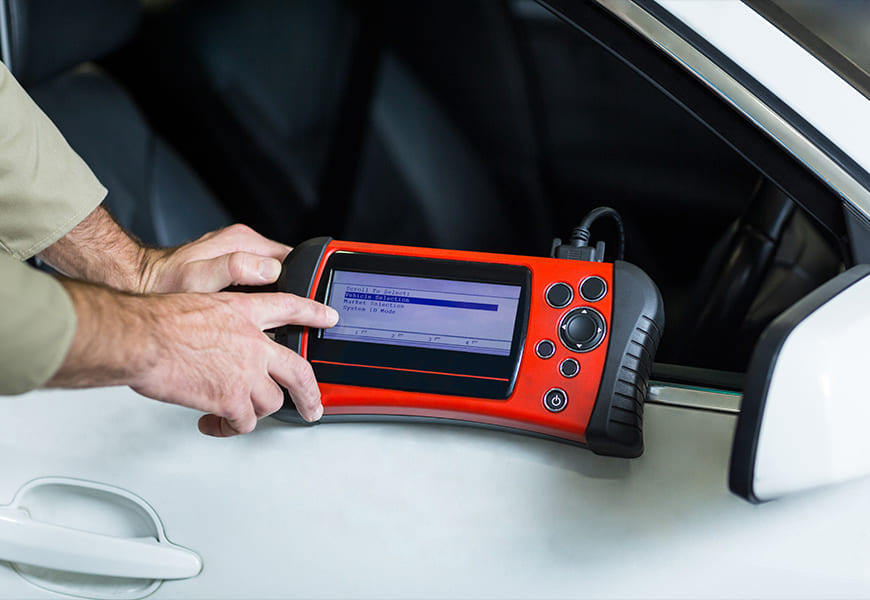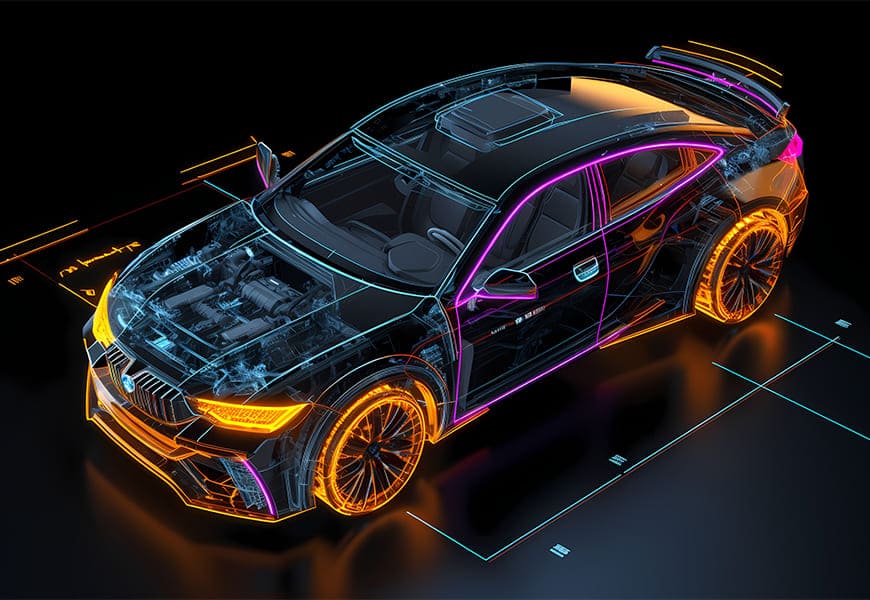Chip Tuning: What It Is, How It Works, and What Car Owners Need to Know

Chip tuning is a popular service among car owners that allows improving engine performance without mechanical interventions. It involves reflashing or reprogramming the Engine Control Unit (ECU), which manages the engine’s operation. In this article, we will explain the origin of this technology, the types of chip tuning, how it affects the car, and what to consider before proceeding.
History and Development of Chip Tuning
Chip tuning emerged in the late 20th century when electronic engine management systems started being installed in cars. Initially, tuning was purely mechanical—replacing parts, turbines, etc. With the advent of the ECU, it became possible to change engine settings via software, significantly simplifying the process and opening new possibilities for optimizing engine performance.
At first, it was the prerogative of motorsport professionals and enthusiasts, but as technology and equipment advanced, chip tuning became accessible to a wide range of car owners.
Types of Chip Tuning
Software Chip Tuning
The most common type — reflashing the ECU. Special software modifies engine parameters such as fuel supply, turbo pressure, ignition timing, and others. This allows increasing power, torque, and optimizing fuel consumption.
Hardware Chip Tuning
Involves installing additional electronic modules that connect to the control system and adjust signals between the ECU and the engine. Used where reflashing is impossible or insufficient.
Combined Chip Tuning
Combines both methods to achieve maximum effect. Often used for sports or heavily modified vehicles.
Difference Between Factory and Aftermarket Chip Tuning
Factory tuning — adjustments made by the manufacturer that comply with safety and environmental standards. Aftermarket tuning — modifications performed by third-party services, which may lead to warranty loss and increased engine stress.

How Does Chip Tuning Affect the Car Warranty?
Firmware changes often result in voiding the factory warranty, especially if not approved by the official dealer. Owners of new cars should consult before proceeding with chip tuning.
Maintenance Tips After Chip Tuning
After tuning, the engine operates under higher loads, so it is recommended to:
- Change oil and filters more frequently;
- Monitor the cooling system;
- Perform regular diagnostics and ECU maintenance;
- Follow service recommendations.
How to Know if Your Car Needs Chip Tuning?
If you feel the car is losing power, accelerating poorly, or consuming more fuel, it may be worth consulting specialists for diagnostics and assessing tuning possibilities.
Consequences of Delaying Oil Changes and Chip Tuning
Many owners do not associate chip tuning with the need for enhanced maintenance, but delaying oil changes can cause serious problems even after tuning.
Where to Order Chip Tuning in Lviv?
Autopark-Service service station in Lviv offers high-quality chip tuning with a warranty. We perform diagnostics, select optimal settings, and reflash the ECU considering your car’s specifics.
Chip tuning is an effective way to increase power and improve engine performance. However, it is a complex procedure that requires a professional approach and responsible maintenance. Choosing the right service and following recommendations will help you get the most from your upgrade without harming the car.
Contact Autopark-Service in Lviv — make your car more powerful and reliable!
